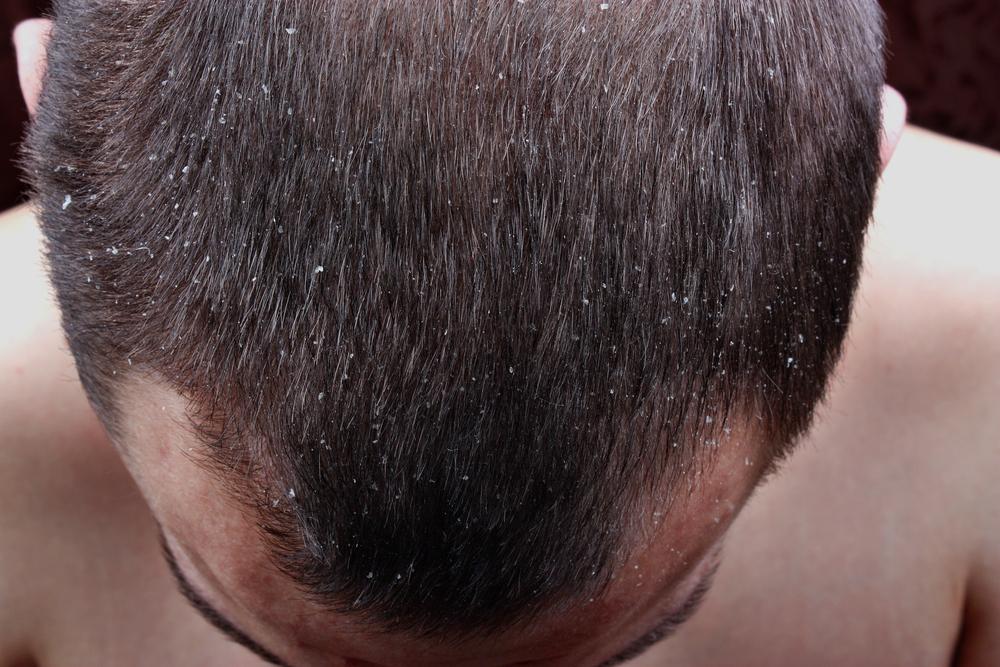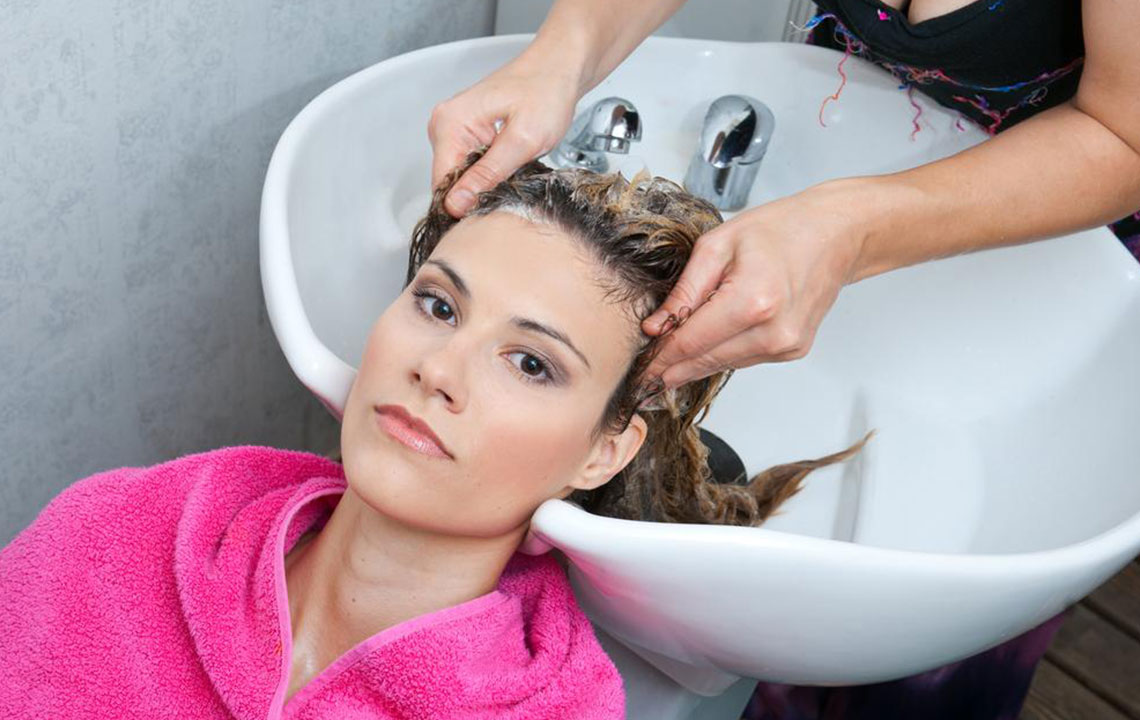Understanding and Managing Scalp Psoriasis
This article offers a comprehensive overview of scalp psoriasis, including its symptoms, impact, and management strategies. It emphasizes the importance of proper diagnosis and topical treatments like medicated shampoos and creams. While there is no permanent cure, effective symptom control can improve quality of life. The piece encourages consultation with healthcare providers for personalized care and highlights the significance of skin care routines to manage this chronic condition.

Understanding and Managing Scalp Psoriasis
As we progress into a new century, awareness grows around various health conditions affecting millions. Once overlooked or misunderstood, many ailments now have established research and treatments thanks to advances in medicine. Psoriasis, a common skin disorder, involves rapid skin cell buildup resulting in dry, scaly patches that often itch and cause discomfort. Nearly 12.3 million Americans suffer from psoriasis annually. Symptoms include itchy skin, joint pain, thickened red skin, and sometimes visible flaking or fissures. The disease can lead to emotional distress, nail pain, and hair loss if untreated.
Psoriasis varies by type and severity, affecting different body parts and causing specific discomforts. When it involves the scalp, it creates thick, dry patches often mistaken for dandruff. This scalp condition can significantly disrupt daily life, causing intense itching, sleep disturbances, hair thinning, and bald spots. Fortunately, hair typically regrows after treatment. For accurate diagnosis, doctors may perform skin biopsies to differentiate psoriasis from other scalp issues.
Managing scalp psoriasis starts with topical treatments like medicated shampoos, creams, foams, or gels that soothe irritation and reduce scales. While these products can alleviate symptoms, they don't eliminate the root cause. No permanent cure currently exists; however, consistent use helps control flare-ups. Products containing salicylic acid are often recommended for their effectiveness in reducing scales. Proper skin care and medical advice are essential to minimize discomfort and maintain scalp health.
Note:
Our articles aim to provide helpful health information based on research. Readers should view this as educational guidance, not medical advice. For personalized treatment, consult a healthcare professional. We do not guarantee accuracy or compare with other sources, and some health schemes may vary.










